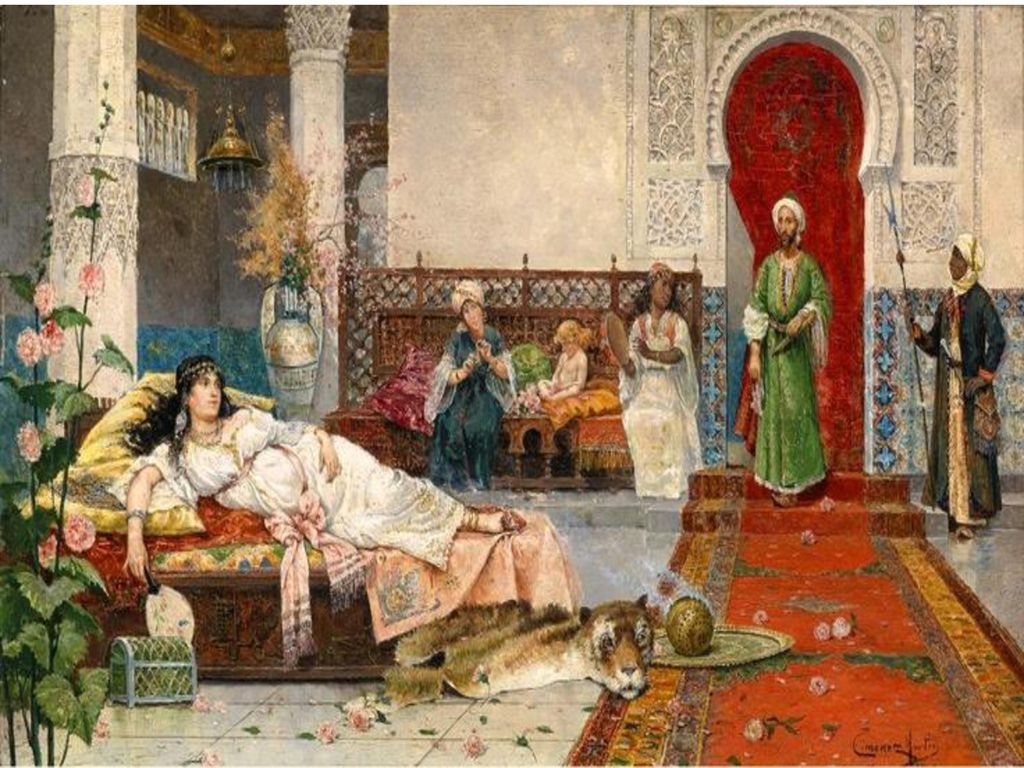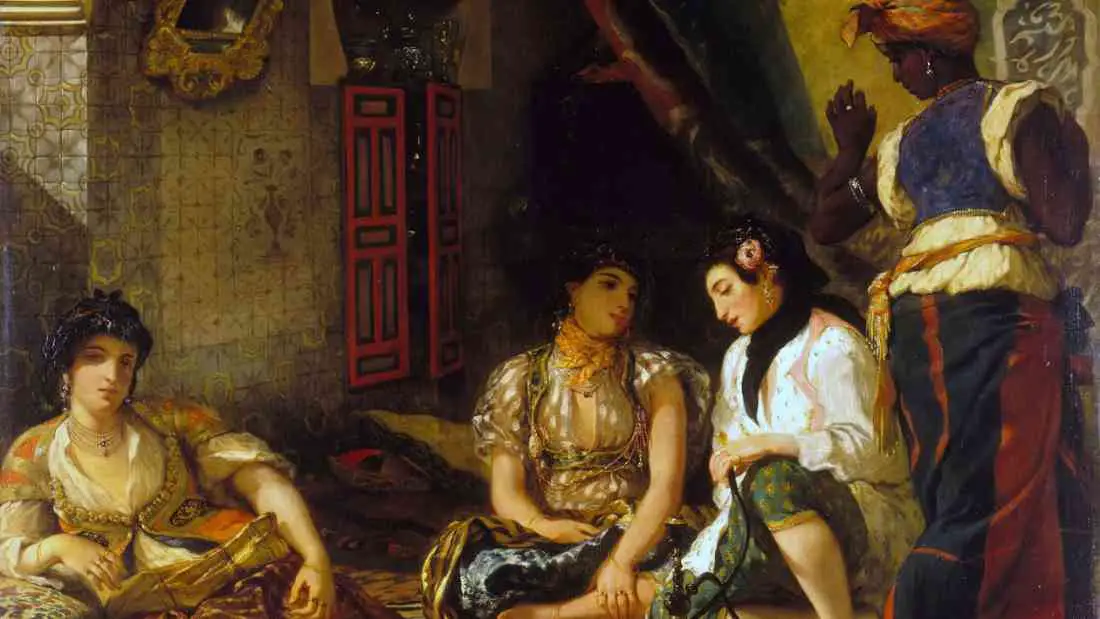Table of Contents
ToggleIntroduction
PostColonialism In Literature Key Books To Read A lively, complex examination of the consequences of colonization, decolonization, and the enduring difficulties of post-colonial civilizations may be found in post-colonial literature. The global decolonization movement and the attempts of former colonies to distinguish themselves from the imperial powers that had enslaved them influenced the development of this literary genre in the second half of the 20th century.
Even though these countries are still impacted by colonialism, post-colonial literature provides important insights into the post-colonial struggles for justice, identity, and belonging.
In literature, the phrase “post-colonialism” refers to a wide range of works by authors from former colonies that usually deal with issues of language, power, race, identity, and the effects of colonial oppression. These authors frequently examine the psychological, cultural, and political effects of imperialism while criticizing the colonial experience.
The Roots of Post-Colonial Literature: From Colonization to Rebellion
Before diving into the specific works that define post-colonial literature, it’s essential to explore the historical and social context that gave rise to this genre. Colonization was the system by which European powers expanded their empires across the globe, often using force, coercion, and manipulation to control lands and peoples in Africa, Asia, the Caribbean, and the Americas. Colonialism not only disrupted the economies, politics, and cultures of the colonized regions but also left a deep psychological impact on the individuals and societies involved.
As the imperial powers began to retreat after World War II, former colonies gained their independence, leading to a reimagining of national identities, cultural values, and political systems. Post-colonial literature arose out of these struggles for independence and self-determination, and its focus on reclaiming cultural identity and challenging Western imperialist narratives is central to its ethos.
The Major Themes of Post-Colonial Literature
PostColonialism In Literature Key Books To Read The themes in post-colonial literature often revolve around the effects of colonialism, identity formation, and the clash between Western and indigenous cultures. Some of the most prevalent themes include:
1 Identity and Hybridity: Many post-colonial writers explore the complex process of identity formation in the aftermath of colonialism. Characters often grapple with issues of cultural hybridization and the tension between traditional values and the influence of Western culture. The question of “who am I?” in a post-colonial world is a recurring motif.
2 Language and Power: Language plays a critical role in post-colonial literature. Colonizers often imposed their language on colonized peoples, and writers explore how language can be a tool of oppression, as well as a means of resistance. Some post-colonial authors embrace their colonizer’s language as a form of subversion, while others reclaim their native tongues as an act of cultural resistance.
Read More
3 Colonial Trauma: The lingering trauma of colonialism is a prominent theme in post-colonial literature. Writers often depict the psychological scars of colonization, focusing on the effects of exploitation, violence, and cultural erasure on individuals and communities.
4 Resistance and Rebellion: PostColonialism In Literature Key Books To Read Post-colonial literature often portrays struggles for independence and resistance against imperial powers. These narratives of rebellion are symbolic not only of political liberation but also of a deeper fight for cultural and psychological autonomy.

Key Works of Post-Colonial Literature
PostColonialism In Literature Key Books To Read Now that we’ve discussed the historical context and themes of post-colonial literature, let’s examine the key books that have shaped the genre. These works, each distinct in its cultural background and literary style, highlight the diversity of post-colonial experiences while demonstrating the shared themes of resistance, identity, and the legacy of imperialism.
1. “Things Fall Apart” by Chinua Achebe (1958)
Arguably the most famous work of post-colonial literature, Chinua Achebe’s Things Fall Apart is a powerful exploration of the destruction of traditional African society under British colonial rule. Set in pre-colonial Nigeria, the novel follows Okonkwo, a respected warrior in the Igbo tribe, whose life is dramatically altered by the arrival of European missionaries and colonial administrators. Achebe’s novel critiques the dehumanizing effects of colonization, emphasizing the cultural clash between indigenous African traditions and Western values.
Achebe’s work is significant for its portrayal of African life before colonization, presenting a rich and complex society that colonial narratives often ignored. The novel’s power lies in its ability to show the tragic consequences of colonialism while offering a voice to a culture that had been marginalized and subjugated.
2. “Wide Sargasso Sea” by Jean Rhys (1966)
Jean Rhys’s Wide Sargasso Sea serves as a prequel to Charlotte Brontë’s Jane Eyre, offering a post-colonial reimagining of the story of Bertha Mason, the “madwoman in the attic.” Set in Jamaica, this novel delves into the psychological and cultural complexities of a colonial society. Through the character of Antoinette Cosway, Rhys explores themes of racial identity, colonialism, and mental illness, giving voice to a woman marginalized by both her racial heritage and her gender.
The novel critiques the European gaze on the Caribbean, illustrating how colonial power dynamics and racial tensions shape individual lives. Rhys’s work exemplifies the role of post-colonial literature in reevaluating and reinterpreting canonical works from the imperial era.
3. “Midnight’s Children” by Salman Rushdie (1981)
Salman Rushdie’s Midnight’s Children is one of the most important works in post-colonial literature. Winner of the Booker Prize, it tells the story of Saleem Sinai, a boy born at the exact moment of India’s independence in 1947. Through the lens of magical realism, Rushdie explores the intertwining of personal and national histories, using the characters’ supernatural abilities to mirror India’s complex post-colonial identity.
PostColonialism In Literature Key Books To Read The novel delves deeply into themes of partition, nationalism, and the struggles of newly independent nations to forge a coherent identity. Midnight’s Children is celebrated for its narrative innovation and its exploration of the legacies of British colonialism in South Asia.
4. “The God of Small Things” by Arundhati Roy (1997)
Arundhati Roy’s debut novel The God of Small Things won the Booker Prize and has been widely regarded as a masterpiece of post-colonial literature. Set in Kerala, India, the novel centers on the tragic story of Ammu and her forbidden love for a man from a lower caste. The novel explores the intersections of social class, caste, religion, and colonialism, while also examining the impact of British colonial rule on Indian society.
Roy’s novel highlights the complexities of post-colonial identity, addressing how the effects of colonialism persist in contemporary India. The book is rich in symbolism and uses a non-linear narrative structure to reflect the fragmented nature of memory and history.
5. “The Bone People” by Keri Hulme (1984)
Keri Hulme’s The Bone People is a unique work of post-colonial literature that explores the indigenous experience in New Zealand. The novel tells the story of Kerewin Holmes, a reclusive woman who forms a complex relationship with two other outcasts—a mute boy named Simon and his abusive guardian, Joe. The novel combines elements of Māori mythology with contemporary issues, such as the trauma of colonization and the search for belonging.
Through its complex characters and their struggles to navigate post-colonial New Zealand, The Bone People addresses themes of power, cultural identity, and the devastating effects of colonization on both the colonized and the colonizers. The novel’s lyrical prose and blending of genres make it an important contribution to post-colonial literature.
6. “Beloved” by Toni Morrison (1987)
PostColonialism In Literature Key Books To Read Though it is not often considered part of traditional post-colonial literature, Toni Morrison’s Beloved deals with the deep scars left by slavery and is essential to understanding the impact of colonialism in the Americas. Set after the American Civil War, Beloved tells the haunting story of Sethe, an escaped slave, who is haunted by the ghost of her dead child. The novel explores the psychological and emotional trauma of slavery and the ongoing effects of racial discrimination and violence in post-slavery America.
Morrison’s novel interrogates the cultural and personal impacts of colonialism and slavery, addressing themes of memory, identity, and the necessity of confronting historical trauma.
7. “Season of Migration to the North” by Tayeb Salih (1966)
Tayeb Salih’s Season of Migration to the North is a seminal work of Sudanese post-colonial literature. The novel follows a young man who returns to his village in Sudan after studying in England, only to encounter the life of a mysterious stranger who has lived in both Africa and Europe. Salih’s exploration of identity, migration, and the clash between the Western world and the Arab world reveals the emotional and psychological effects of colonialism.
The novel critiques the dichotomy between the East and the West, questioning the impact of Western cultural imperialism on the Arab world. Salih’s work highlights the complexities of post-colonial identity and the difficulties of reconciling personal and national histories.
The Continuing Relevance of Post-Colonial Literature
PostColonialism In Literature Key Books To Read Post-colonial literature continues to be highly relevant today, offering critical perspectives on issues such as migration, nationalism, racial inequality, and the ongoing struggles of formerly colonized nations. These books not only provide insights into the past but also offer valuable lessons for addressing the socio-political issues of the present.
PostColonialism In Literature Key Books To Read Writers continue to explore the psychological, cultural, and political consequences of colonialism, revealing the deep scars that remain in post-colonial societies. As globalization continues to increase and the world becomes more interconnected, the need for post-colonial narratives remains crucial for understanding power dynamics, identity, and the consequences of historical injustice.

Conclusion
PostColonialism In Literature Key Books To Read Post-colonial literature represents a profound and enduring effort to reclaim voices, histories, and identities that were suppressed under colonial rule. Through powerful narratives, these writers have illuminated the complexities of life in post-colonial societies and challenged dominant Western narratives about history and identity.
The key books discussed in this article are just a few examples of how post-colonial literature has reshaped our understanding of the world, offering perspectives from formerly colonized peoples and cultures. These works continue to inspire readers and writers alike, serving as vital tools for understanding the continuing impact of colonialism on global societies and cultures.
Read More
FAQ
1. What is post-colonial literature?
Post-colonial literature refers to works written by authors from countries that were formerly colonies of European powers. It explores the effects of colonization and decolonization on individuals and societies, examining themes like identity, race, power, and the remnants of colonial oppression.
2. Why is post-colonial literature important?
Post-colonial literature is crucial because it provides a voice to marginalized cultures and societies, offering alternative perspectives to the Western-centric narratives that dominated historical accounts. It helps readers understand the complex effects of colonialism and the continuing struggles for cultural, political, and psychological liberation in post-colonial societies.
3. How do post-colonial authors address the theme of identity?
Post-colonial authors frequently explore how individuals and societies navigate the process of identity formation in the aftermath of colonialism. They often depict the complexities of cultural hybridity, as well as the tension between indigenous traditions and the influences of Western culture.
4. What are some recurring themes in post-colonial literature?
Recurring themes in post-colonial literature include identity, language, resistance, trauma, and the psychological effects of colonialism. Many works also explore the impact of colonial rule on social structures, politics, and personal relationships.















